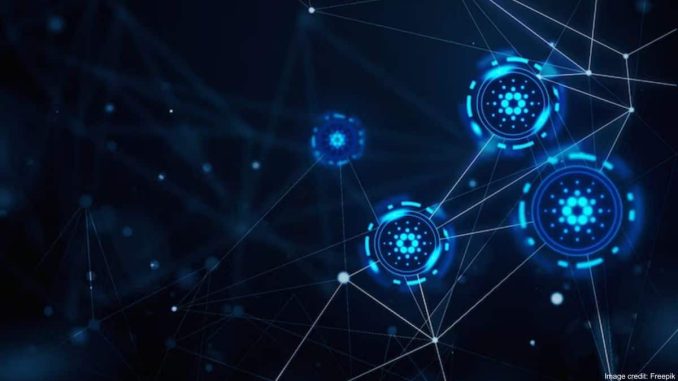
The understanding behind ZKP technology
It is believed that ZKPs enable the execution of a transaction on absolute terms, without unveiling any additional data. It’s believed that the inherent importance of ZKPs is the ability to not allow access to data beyond concerned parties. Going by market
In order to suffice different purposes, two main kinds of ZKPs are taken into account. From what it’s understood, there’s an interactive ZKP, which deals with courses of action around mathematical probabilities that is concerned with completion of a set of actions, and a non-interactive ZKP, which doesn’t require an interactive mechanism between the prover and the verifier to reduce data conspiracies. Further classification of ZKPs can be done in the form of Zero-Knowledge Succinct Non-Interactive Argument of Knowledge (ZK-SNARK) protocols and Zero-Knowledge Scalable Transparent Argument of Knowledge (ZK-STARK) protocols. In terms of ZKP-oriented applications, they can be used for creation of a messenger forum using an unencrypted blockchain, restrict access to delicate information through multiple security layers, make private blockchain transactions free from hackers, among others.
“I think ZKPs benefit data privacy for blockchain users. For instance, in digital voting systems, ZKPs can allow identity verification while maintaining voter anonymity. Privacy-preserving transactions in cryptocurrencies such as Zcash also rely on ZKPs. Other applications of ZKPs seem to include digital identity verification, privacy-preserving transactions, tokenisation, and ownership verification, global compliance with financial regulations, messaging applications, identity management, and real estate transactions,” Ajay Prashanth, head, ecosystem growth, bitsCrunch, a blockchain analytics firm, highlighted.
Reportedly, ZKPs have hit the market in the form of decentralised Oracle systems, which supply smart contracts with off-chain data. Other examples of ZKPs include DECO, a Chainlink-based oracle protocol, that makes use of ZKPs to ensure that data remains free from unauthorised access through the modern editions of HTTPS/TLS. DECO seems to enable banks and other financial institutions to provide undercollateralised loans, through parameters such as Social Security Numbers (SSNs). Furthermore, ZKPs can allow creation of a sector for data platforms to be able to generate revenue from their datasets. Proof-verification expenses associated with ZKPs include a 500,00 gas fee to authenticate a particular ZK-SNARK, while authentication of ZK-STARKs can lead to increased costs.
An overview of the market
According to Aligned, a company around GPU accelerator technology, the global ZKP market is expected to clock $10.2 billion worth of revenue by 2030, which represents completion of 87 ZKPs at a per head cost of $0.12. It is further estimated that elements which are predicted to play a role in this are developments around usage of complex zero-knowledge proof mathematical models, capability of scaling zero-knowledge proofs within block transactions, and zero-knowledge proving advancements beyond Ethereum blockchain.
As of October 12, 2023 (1.28 pm, Indian Standard Time), CoinMarketCap, a cryptocurrency
Furthermore, future predictions indicate that ZKPs can help develop cross-chain privacy techniques for backing blockchain-oriented transactions. Market experts suggest that ZKPs can be key for preserving the forthcoming decentralised finance (DeFi) and blockchain applications. “The future of ZK technology in blockchain is promising. As blockchain continues to gain mainstream adoption, the demand for scalable, private, and efficient solutions should grow. ZKPs seem to be at the forefront of addressing these needs. Their future likely involves further innovation, such as improvements in efficiency and security. Additionally, ZK technology is considered vital for Web3.0,” Shrikant Bhalerao, founder and CEO, Seracle, a blockchain technology company, concluded.
Follow us on Twitter, Facebook, LinkedIn










